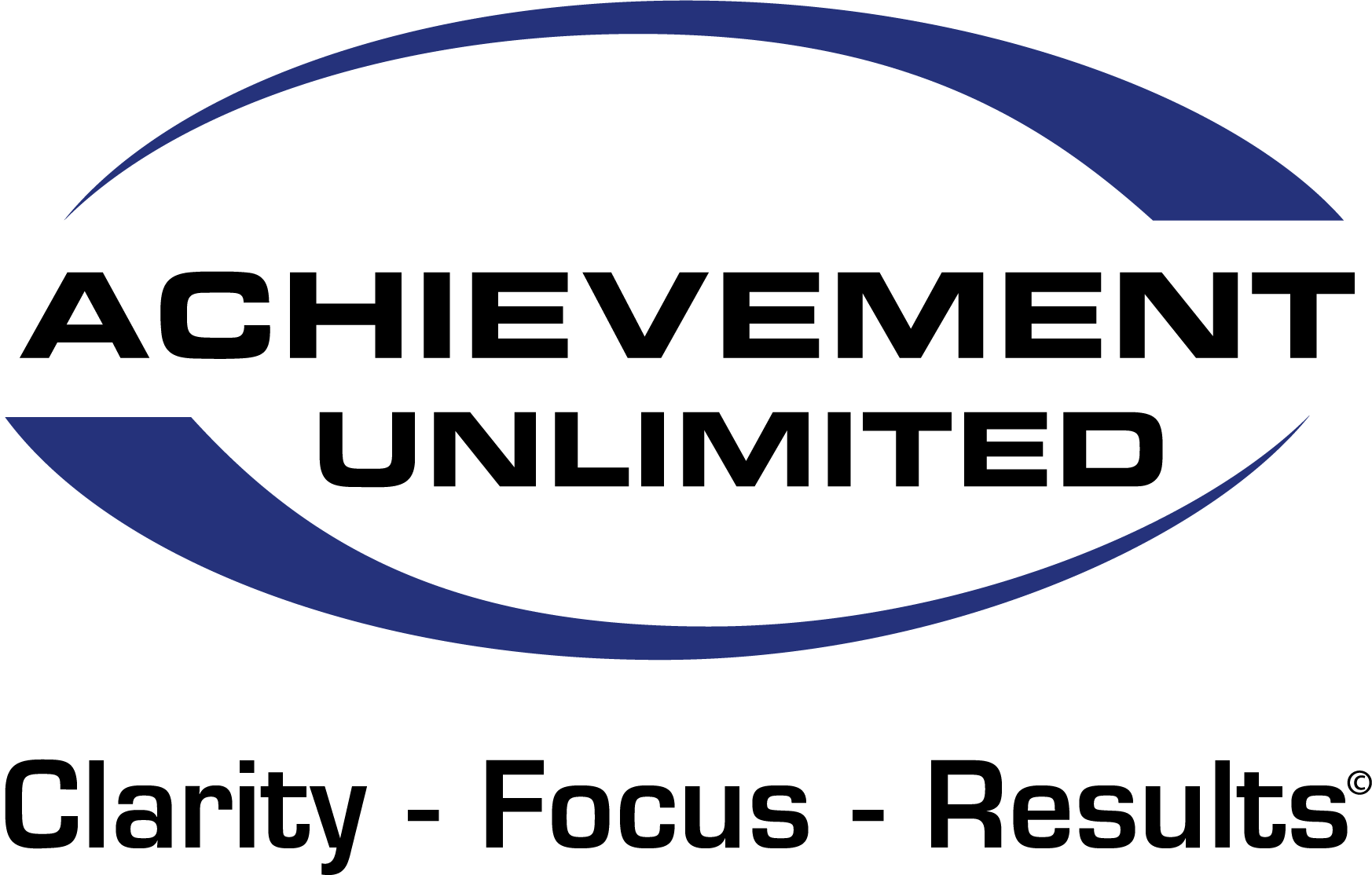
We are living in crazy times and the levels of uncertainty are at an all-time high. Then, throw in the media blast telling us that the world is going to hell in a handbasket and our situation seems much worse than it is. I am not minimizing the pandemic or the challenges we are being presented; however we have to take charge of our lives and look for the opportunities we can capitalize on. We CAN come through this storm BETTER than where we started.
I was just reading about Rockefeller in his early days in business – the economy was in a recession and he took advantage of opportunities all around him. In every adversity there is an equal or greater benefit to be found. What are the obstacles that you are facing in your business today? Have you met with your team to brainstorm ways to overcome the obstacles?
All of our decisions are based on assumptions/beliefs. Have we checked those beliefs against current reality to see if they are real or not? Two business owners, facing similar obstacles, different decisions. Why? Because their beliefs/assumptions are different. So, whenever you’re facing an obstacle, one of the smartest things you can do is challenge your assumptions. Ask yourself why you believe what you believe.
What’s the Cost of Doing Nothing? In general, most of the business owners I’ve met aren’t very good at calculating opportunity cost. Opportunity cost is involved in every decision we make daily because whenever we’re saying, “Yes” to one thing, we’re saying, “No,” to something else. This is the number one reason you want to have extreme clarity around your strategy, your BHAG (Big Hairy Audacious Goal, Jim Collins, Good to Great), your purpose and your core values. Once you have clarity around these issues you can start to make better decisions.
One of the ways of solving any problem is to get a different perspective. As soon as we ask questions of ourselves and of our teams our brains will go to work and come up with an answer. One of the best ways to ask that question is to imagine that you’re someone else and then ask how you think you (being that person) would solve this problem. For example, if you were Steve Jobs, Tim Cook, Bill Gates, Warren Buffett, Thomas Edison, Elon Musk, Howard Shultz or Sheryl Sandberg. Pick the person and ask: “If ______ were in my Shoes, how would he/she solve this problem or overcome this obstacle?”
Most strategies fail because of lack of execution, being driven by the tyranny of the urgent, being pulled by the inertia of daily operations. Don’t let that happen to you.

Recent Comments